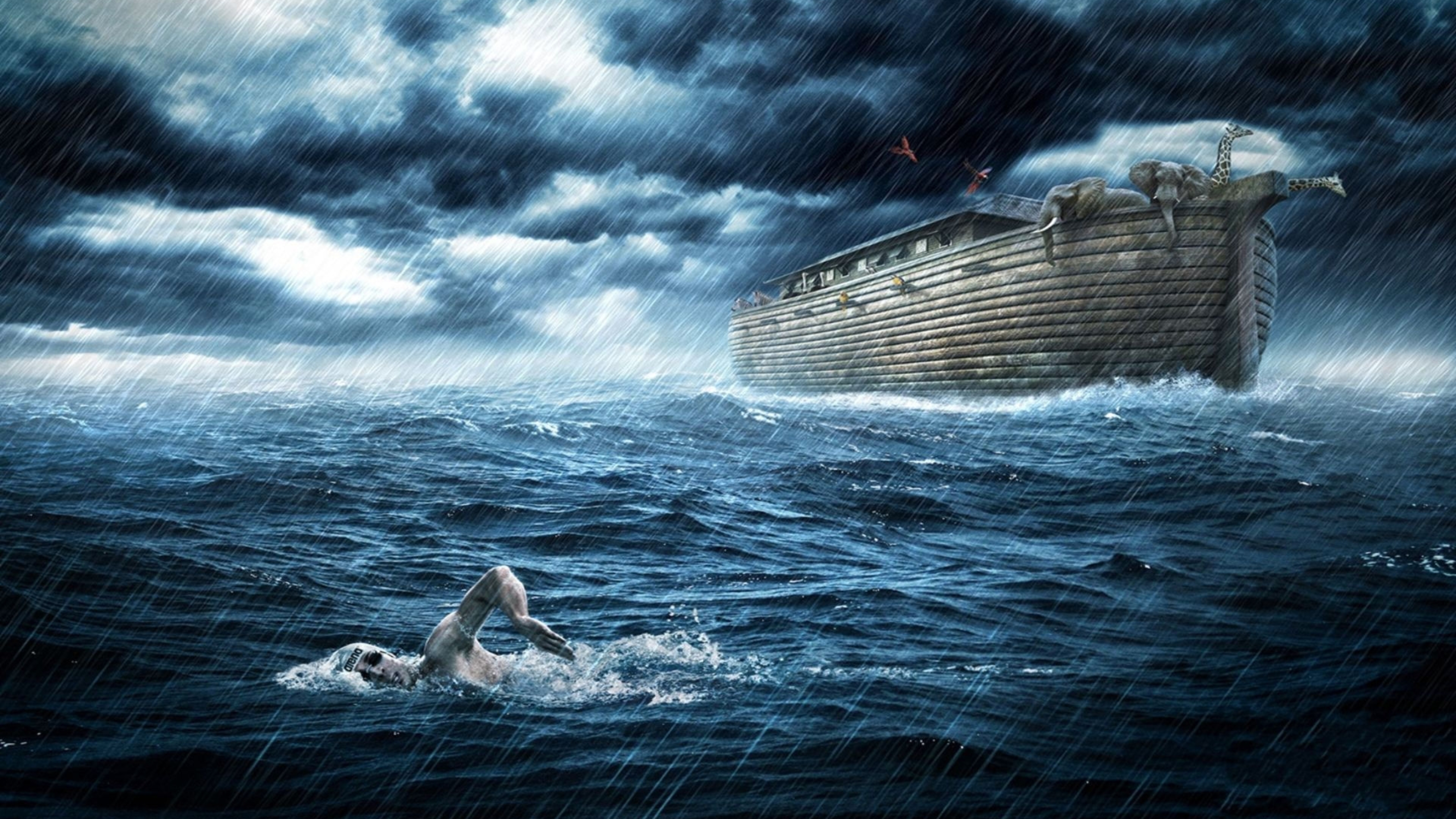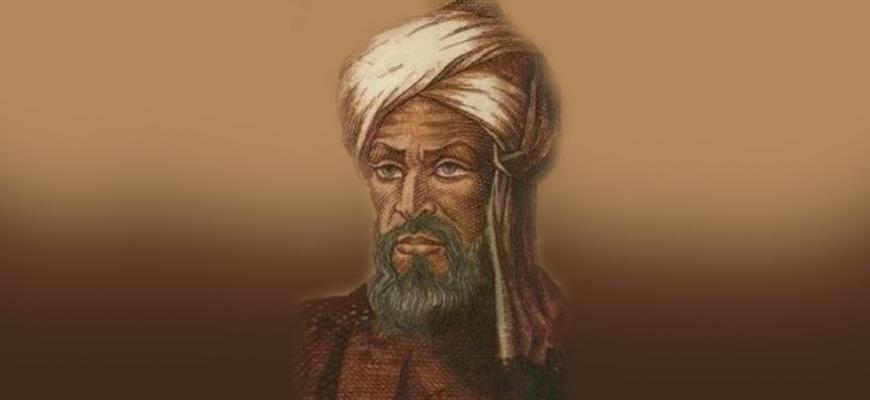Chinese (Simplified Chinese: 化 华 中; Traditional Chinese: 化 華 中; BenEn: Zhōnghuá wénhuà)), one of the oldest civilizations in the world, has been thousands of years old.
Chinese civilization has dominated a vast geographic area of East Asia, where customs and traditions vary widely among provinces, cities, and even towns.
As one of the first early civilizations, China's civilization is very different and manifests its profound influence on philosophy, virtue, etiquette, and traditions in Asia today.
Historically, Chinese civilization is the dominant civilization in East Asia, and it has also been the most dominant civilization in the region that has laid the cultural foundation for East Asian civilization.
Language, ceramics, architecture, music, dance, literature, martial arts, cuisine, philosophy, economics, religion, Chinese politics and history have been widely respected, practiced and celebrated by people all over Asia.
For information on culture on mainland China after 1949, see the Culture of the People's Republic of China.
Identity.
Chinese civilization is one of the oldest and oldest civilizations, not only in Asia but in all the civilizations of the world.
There is nothing more fitting than Voltaire in describing that civilization: “It lasted 4,000 years and was not subject to any significant change in laws, customs, language, or people dress.
“This empire is the best system in the world.”
The tribute that scientists of that time looked at China's lands had been closely carried out by our study of that country, and those who had told that country and knew it so well had come to admire it.
Look at what Count Keep Keyserling said in the conclusion of his book, which is one of the most memorable, most useful and most memorable books:
The great people of that country are the finest of our nation's great cultures, Those gentlemen have a toxic human pattern.
And they called them this is what takes my heart, The educated Chinese salute is perfect. No one disputes China's superiority over all matters of life. Perhaps the Chinese man is the world's deepest man on Earth."
The Chinese don't care much about denying these words, and even this century (except a few now), they've always been unanimous that Europeans and Americans are barbarians.
Before 1860, the Chinese used to translate the word "foreign" into their official documents with the opposite term of barbarian or barbarian, and Barbara had to make a formal treaty with the Chinese to fix it.
The Chinese, like most people on earth, “see them as the most civil nation, the most gentle of them.”
They are probably right, despite their country's political corruption and chaos, because beyond this now-anathema to their country is one of the oldest and richest cities in the world:
Behind it are ancient traditions in poetry, dating back to the year 1700 B.C., a record full of deep, Utopian, unmiraculous, and gendarmes philosophy.
Behind it is an incomparable craftsmanship in the making of ceramics and carving, A master of all minor arts only matched by the Japanese, a strong and powerful morals not seen by the peoples of the world at any time, and a social system of much elegance,
There is no other system known in all history, and as long as other regimes did not serve them, it remained in place until the revolution ended it, and it is almost the ideal of the governmental systems that philosophers advocate ; a classy, urbanizing society when the land of Greece was the home of the barbarians; witnessed the rise of Babylon and Ashur ;
The countries of the Persians and Jews, Athens, Rome, Venice and Spain, and then saw its downfall, and it may remain so after the Balkan countries that we call Europe go back to what it was of ignorance and barbarism.
What strange secret has kept this governmental system of centuries, moved this creative artistic hand, and inspired those people of such depth and balance?
Date.
Prosperous Central State.
If we count Russia as Asian countries, and it was as it was in the days of Peter the Great, and Asia may come back again,
Europe was only an old nose in the body of Asia, an extension of the industry behind which is a large agricultural continent, and claws or props extending from a huge continent.
China is overseeing the vast continent, which is as vast as Europe. And it's been surrounded in most of its history by the largest ocean, the highest mountains, the largest desert in the world.
So the countries of China enjoyed the isolation that was the cause of their relative chance of safety, of permanence, of stagnation and of non-change, which is a great fortune if measured by other nations.
For this reason, the Chinese did not call their country China, but called it Tian-hua, under the sky, or Zhai, the “Four Seas”, or Jung-joo, the “Middle State”, or Jung-hwa-ju-China, the “Bright Central State,” or the name that the decree of the revolution,
Gong-hua-min-joo, called the “Kingdom of the Central Bright People.” Bright sun, cloud, rough mountains, great rivers, deep caves and flowing waterfalls in frosty hills can give them.
It runs in its fertile southern section, the Yang-Dze River, which is 3,000 miles (4,828.03 km) long, and in the north, the Huang Ho, or the Yellow River of the western mountain ranges, comes down the Loess,
And carries with it the silt to pour it now into the Bay of Chile, and it was once pouring into the Yellow Sea, and it may return to this sea tomorrow.
On the banks of these two rivers and on the banks of the Wei River and other vast streams, Chinese civilization began to pluck the earth from beasts and unwalled beasts, to repel the wild surrounding them, to clean the land of sensuous and pluck it out of destructive insects and corrosive deposits, such as albu potasa salts and so forth.
The regions dry up, and they resist the drought and flood, and the changes that follow in the rivers, which return to the country and its inhabitants in destruction and destruction, and the water flows patiently and cautiously and warns of those enemies in thousands of channels, and every day during the long centuries,
They establish huts, houses, temples, schools, villages, cities, and countries. It's not the longest time that people have to build a civilization that they destroy so easily and quickly.
People don't know where the Chinese came from, what kind of people they belong, or when their civilization began in ancient times.
All we can say, confident that the remains of the Beijing Man suggest that human lineage is very ancient in China.
Andrew's research in that country has concluded that Mongolia was 20,000 years old BC, generations of people who looked like the Azelian tools that Europe used to use in the Middle Stone Age, and that their successors spread in Siberia and China when South Mongolia dried up, arid and converted to the current Gobi Desert.
The revelations of Anderson and others in Hunan and South Manchuria show that a culture belonging to the modern Stone Age was found 2,000 years behind the prehistoric Egypt and Sumer.
Some tools found in the remaining deposits of the Neolithic Age, in form and in fine form, resemble the iron range that North Chinese people use these days to harvest Chinese corn, and this fact is very small, it is likely that the Chinese culture has lasted for seven thousand uninterrupted years, which is the age of its length, and it has no counterpart in China.
But the length of these covenants should not overlay our eyes, so that this culture may become too homogeneous for the Chinese people themselves.
Some of their first art and industries came from Mesopotamia and Turkmenistan. One is that Hunan Paleolithic porcelain hardly divides anything about the pottery of Anou and Alsos.
The present “Mongol” sex is a complex mix in which the primitive strain has repeatedly intermingled with hundreds of gaseous or migratory strains from Mongolia, South Russia (Sukuk) and Central Asia.
China, like India, should be likened to an entire Europe, not one nation; It is not a unified homeland for a single nation, but rather a mixture of different races, different origins, heterogeneous languages, in ethics and art ; Often, they are hostile to each other in habits, morals and governmental systems.
Unknown Archaic Centuries.
China is called the “Committee of Historians” ; They've been hundreds and thousands of years with official historians recording everything that happens, and often it doesn't.
We don't trust what they said about the 1976 B.C. era, but if we listen to these words, we see them talking in detail about the history of China since 3000 B.C., and we see the most devout and good people describing the creation of the world as those familiar with the unseen do these days.
One of their words is that Ban Ko, the first creature, was able to form the Earth in 2,229,000 B.C. after working 18,000 years.
His breath, which he exited during his work, became winds and clouds.
His voice became thunder, and his veins became rivers, and his flesh became impossible to land, and his hair was vegetation and trees, his bones were minerals, and his sweat was rain ; Insects that were attached to his body became humans.
And we have no conclusive evidence to refute this wondrous cosmological flag. Chinese mythology says the early kings ruled 18,000 years each, and they struggled hard to make Pan Ko's lice a civilized creature.
And these myths tell us that before these heavenly kings, like the wild beasts of the field, people would wear leather, eat raw meat, know their mothers, Etcetera....
Friedrich Sternberg doesn't see this last description as limited to the Chinese or the Chinese. And then Emperor Fuchi came in 852 BC, and he taught people to help his enlightened wife, marriage, music, writing, photography, fishing in nets, animal eyeliner, and feed silk worms to get them silk.
He recommended while on the bed of death to be left behind by Sun Nong,
This emperor had brought agriculture into the country, invented the wood plow, set up markets, created commerce, created medical science with the properties he knew of the therapeutic plant, that's what the legends that make people more expensive than the thoughts, and attributed to a few individuals the consequences of the toil of long generations.
He was ruled by a powerful warrior emperor, Hwang Di, who had been in power for more than 100 years.
He introduced magnets and wheels into China, employed official historians, and beheld the first brick structures in China ; He set up a star study observatory, fixed the calendar, and redistributed the land to the parents.
Yo, ruled another century, and his wisdom was that, when Confucius wrote about him eight hundred thousand years later in an era that no doubt seemed to him to be a corrupt “modern” era, he lamented the weakness and decay of China.
The old wise man, who, in spite of his wisdom, could not conceal the “good lie,” adds it to the story in order to make it moral, tells us that people have become virtuous by looking at “yo”
The first thing Yo gave the reformists was a request outside his palace to beat him if they wanted to invite him to hear their complaints and a sign on which they wrote what they refer to the government The famous history book:
“Good Yo say it's Jung-joo's 100-year rule because he lived a hundred, ten and six ; And he was merciful, as good as heaven, as wise, seeing as the gods, and his light looked from afar like a bright cloud, and if I approached him, he was like a bright sun.
And he was rich in fuzzy, great and unluxurious, and he was wearing a yellow cap, a dark blue button, and riding a red cart drawn by white horses.
The bishop's nose was unattractive, his boards inflated, and his wooden pillars were not decorated.
And most of what the soup was eating, whatever it was made of, didn't care about choosing the pills that he made his bread from, and he drank lentil soup from a sheet of clay, and took it with a spoon of wood.
And he didn't have jewels, and his clothes weren't embroidered, but they were simple, no different.
He didn't mean anything unusual or strange about the events, and he didn't weigh the unusual rare things, he listened to the songs of the spinning, his official car was devoid of good reasons.
He wears a simple cotton robe in the summer, and in the winter, he wraps his body with the skin of a pillow.
And yet, he was richer than Jung-joo, all her life, he made them rational, he made them older, he loved them in people's hearts.
Another of these “five kings” was an example in the brown mainland, as was the hero who fought to protect the country from the floods of the Hoang-Ho River, who repaired the calendar, set the scales, and gained the love of the generations after him from school students by shortening the height of the whip they were raised with.
Chinese novels say that in his last day, Chen took to the throne the most capable of his assistants, the great engineer Yo, who overcame the flood of nine rivers, the crack of nine mountains and the celebration of nine lakes.
The Chinese say, “If it wasn't for You, we would all be fish.” The sacred mythology tells that the cedar wine was an age in his day and was offered to the emperor, but “yo” poured it on the earth.
And when he did this, people made rice wine their national drink, and it was a lesson that they taught to the creatures that came after them.
Yo changed his doctrine of succession — that, before his death, the emperor appointed his successor to the throne, genetically making the king in his family, and thus creating a Chitten (civilized) family, punishing China's rule — that of geniuses, idiots, and middle talents.
The family was wiped out by an anomaly of an emperor, Jia, who wanted to entertain himself and his wife, and ordered 3,000 Chinese to die a happy death by jumping into a wine lake.
We have nothing to tell the truth about this family of older Chinese historians. And all we can say is that astronomers these days have achieved the history of the solar eclipse that was mentioned in the old records, and they said it happened in 2165 B.C.,
But the culture that believes in their opinions doesn't believe in the calculation of those astronomers.
I found on some bones that revealed in Hunan the names of rulers attributed to the Chinese novels to the second family or the Shang dynasty ; Historians try to ascribe some bronze vessels of ancient times to the days of that family.
Except this, our only reference is stories that contain more humor than truth, According to ancient accounts, Wu-yi, a ruler of the Shang dynasty, was an infidel who defied the gods, cursed the spirit of heaven, played chess with that spirit and ordered one of his entourage to move the pieces instead of the spirit.
If he made a mistake, he ridiculed him, Then he gave him a bag of leather, filled it with blood, and began to entertain himself by pointing his arrows at him. Historians tell us - and more virtuous than in history itself - that Wu Yi was struck by a lightning strike and destroyed him.
The last king of this family, Justine, and the inventor of the food stick, was so malice that he could hardly believe, that he paid his price on his family.
He is told that he said: “I've heard that the human heart has seven holes, and I would like to prove whose right to say it in PeKan” — his minister was Taki, Joe's wife, who was an example of immorality and cruelty, and she held in her court, and men and women were dancing and playing naked in her gardens.
When people became angry with this active force, I resorted to new forms of torture in their mouths, forcing complainers to hold onto their hands protected metals in the fire or walk on fat-painted rods that extend over a hole full of burning coal. If the victims fell in the pit, the queen was delighted when she saw them roast in the fire.
A conspiracy by the rebels inside the country, a raid from the western state of Jo was wiped out by the Gossin era, and the reascends to the throne raised the Zhou dynasty, ruling longer than any other royal family in China.
The victorious leaders rewarded the leaders of their great and powerful aides by making them near independent rulers in the many states to which the new state was divided.
In this way, the feudal system that was later deemed too dangerous for the country's government, and which was nonetheless a source of literary and philosophical activism in China began.
The marriage of the newcomers and the first inhabitants and the mixing of all of them was a biological precursor to the first civilizations of the Far East in historical times.
Follow us
Abu Musa














